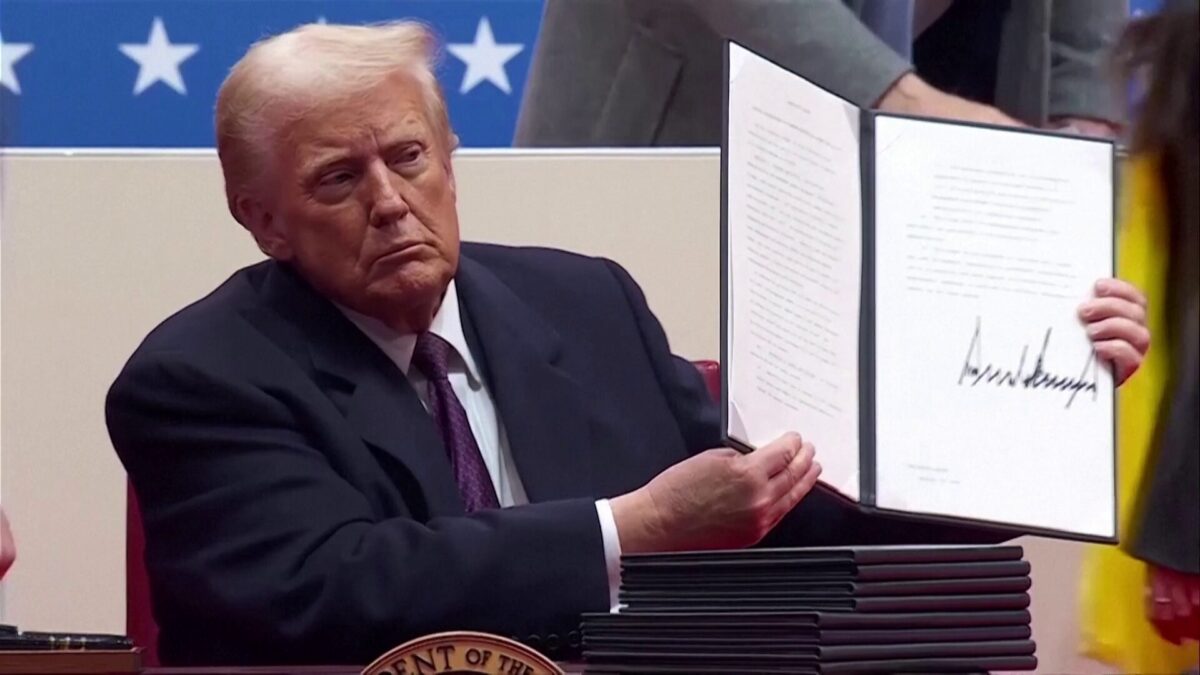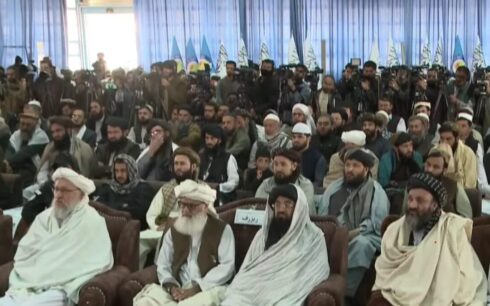WASHINGTON — Among dozens of executive orders President Donald Trump signed this week is an executive order that temporarily halts U.S. foreign development assistance and directs a comprehensive review of its alignment with American foreign policy.
The order asserts that the current structure of U.S. foreign aid is misaligned with American interests and, in some cases, contradicts its values. It further claims that certain aid programs may destabilize global peace by promoting ideas that undermine stability within and between nations.
“It is the policy of the United States that no further foreign assistance shall be disbursed in a manner that is not fully aligned with the foreign policy of the President,” the order states.
The directive imposes an immediate 90-day pause on new commitments and disbursements of development aid to foreign governments, non-governmental organizations, and international contractors. During this period, agencies responsible for administering U.S. foreign aid are tasked with reviewing each program to assess its efficiency and consistency with U.S. foreign policy objectives.
The Office of Management and Budget (OMB) has been charged with enforcing the suspension and overseeing the review process. At the end of the 90-day review, department and agency heads, in consultation with the OMB and the Secretary of State, will determine whether to continue, modify, or terminate each program.
In certain cases, aid programs may resume before the end of the review period if approved by the Secretary of State, in consultation with the OMB. Additionally, the Secretary of State has the authority to waive the suspension for specific programs.
The order explicitly states that it does not create new legal rights or obligations for individuals or organizations and must be implemented in compliance with existing laws and budgetary constraints.
Critics of the policy argue that the suspension risks undermining humanitarian and development programs in some of the world’s most vulnerable regions. However, the administration has framed the order as part of a broader reevaluation of America’s role on the global stage.
A day before his inauguration, Trump signaled his intent to scrutinize U.S. foreign aid, mentioning Afghanistan as a potential target for reduced assistance unless American military equipment left in the country was returned.
The United States has been the largest donor to Afghanistan over the past three years after the fall of the previous government.





